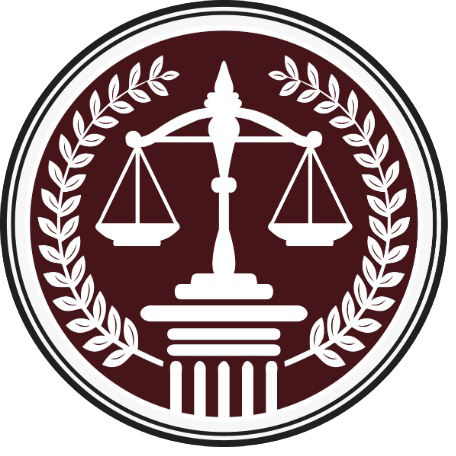Trusts are estate-planning tools that can be used to manage property during one’s life and also after one’s death. They are extremely helpful in avoiding the costly and cumbersome probate process, as such, trusts have become vastly popular estate planning and asset protection mechanisms. Trusts come in different forms and are drafted strategically to achieve the particular needs and purposes of each client. Some of the most common types of trusts are:
LIVING TRUSTS
Living trusts (inter vivos trusts) are currently the most popular estate-planning tools designed to control a person’s assets during his or her life and are intended to preserve the person’s estate for his or her loved ones. Our experienced attorney can prepare a personalized arrangement for you to ensure that your assets are managed according to your wishes.
TESTAMENTARY TRUSTS
Unlike living trusts, testamentary trusts only kick in upon a person’s death and must be accompanied by a will which references the trust. These trusts can assist a person with the management and distribution of property after death.
QUALIFIED PERSONAL RESIDENCE TRUST (QPRT) / ASSET PROTECTION TRUST
A Qualified Personal Residence Trust is a unique tool that provides estate tax benefits and asset protection advantages for a primary personal residence or second home. These trusts are designed to transfer ownership of a personal residence to a beneficiary while reserving a right for the creator of the trust to live in the residence for a specified period of time. QPRT’s can be carefully drafted to protect a person’s personal residence from claims of future creditors.
SPENDTHRIFT TRUSTS
Spendthrift trusts are designed to prohibit beneficiaries from selling or pledging away the interests granted in the trust. These types of trusts can also be used to protect assets from being reached by beneficiaries’ creditors. Spendthrift trusts are commonly utilized by parents to protect assets from their children’s creditors and to ensure that their children do not transfer or sell the assets in the trust.
REVOCABLE TRUSTS
Revocable trusts allow the creator of the trust (trustor) to retain sole control of the trust. The trustor can withdraw funds from the trust, alter the trust and cancel the trust at any time.
IRREVOCABLE TRUSTS
Irrevocable trusts are powerful asset protection tools which cannot be cancelled after being created. The trustee of an irrevocable trust is given sole control over the trust property. Generally, these trusts continue until the specific trust purpose is fulfilled or the beneficiaries and trustee consent to its revocation.
Whatever your estate planning needs might be, our knowledgeable Los Angeles estate-planning attorney can assist you with every step of the process. We will strategically draft your trust, prepare the necessary deeds and guide you through the estate planning process. Contact us today for a free estate planning consultation.


